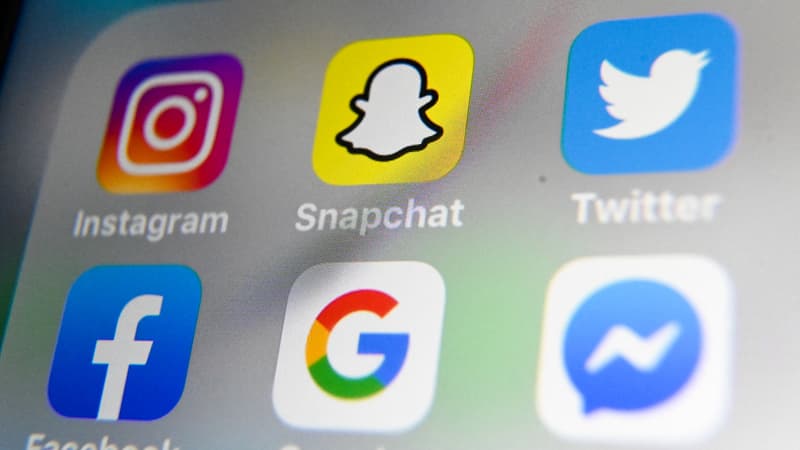Who owns the memes, these viral jokes posted on social media? Nobody, assures the internet world. To you, argue the lawyers. Former presenter Michel Denisot, who has just published a compilation of his best findings on social networks, is attacked by certain Internet users who accuse him of having used it… without asking.
“We called everyone we could identify one after the other… and those who didn’t answer us, we didn’t put them in the book,” he says on RTL. Twitter users, however, have complained, in Informados, not having been contacted.
Copyright
But then, are memes copyrighted? The question is complex since there is no jurisprudence in France. “The meme comes from the United States with a freedom of use that is not the same as in France”, explains the specialized lawyer Ludovic de la Monneraye to Tech&Co.
In France, copyright is actually more protective, even for online creations. “Therefore, you need the author’s consent to use them,” he explains. The question becomes a bit more subtle when the meme uses an image that is already copyrighted, like a clip from the movie Avatar.
Parody and its limits
Be careful, however, beyond copyright, the meme is also affected by image rights: you cannot use a person’s image without their consent. “The man in underpants”, a widely shared image on social networks that mocked an illustrious unknown, ended up in court.
A rare exception to image rights, the parodic work: allows to dispense with the consent of the author of the assumed work if the objective is humorous. But it must not harm the author, nor his work, nor his person. Finally, slurs and insults are not acceptable even if the purpose of the distraction remains humorous.
Source: BFM TV


